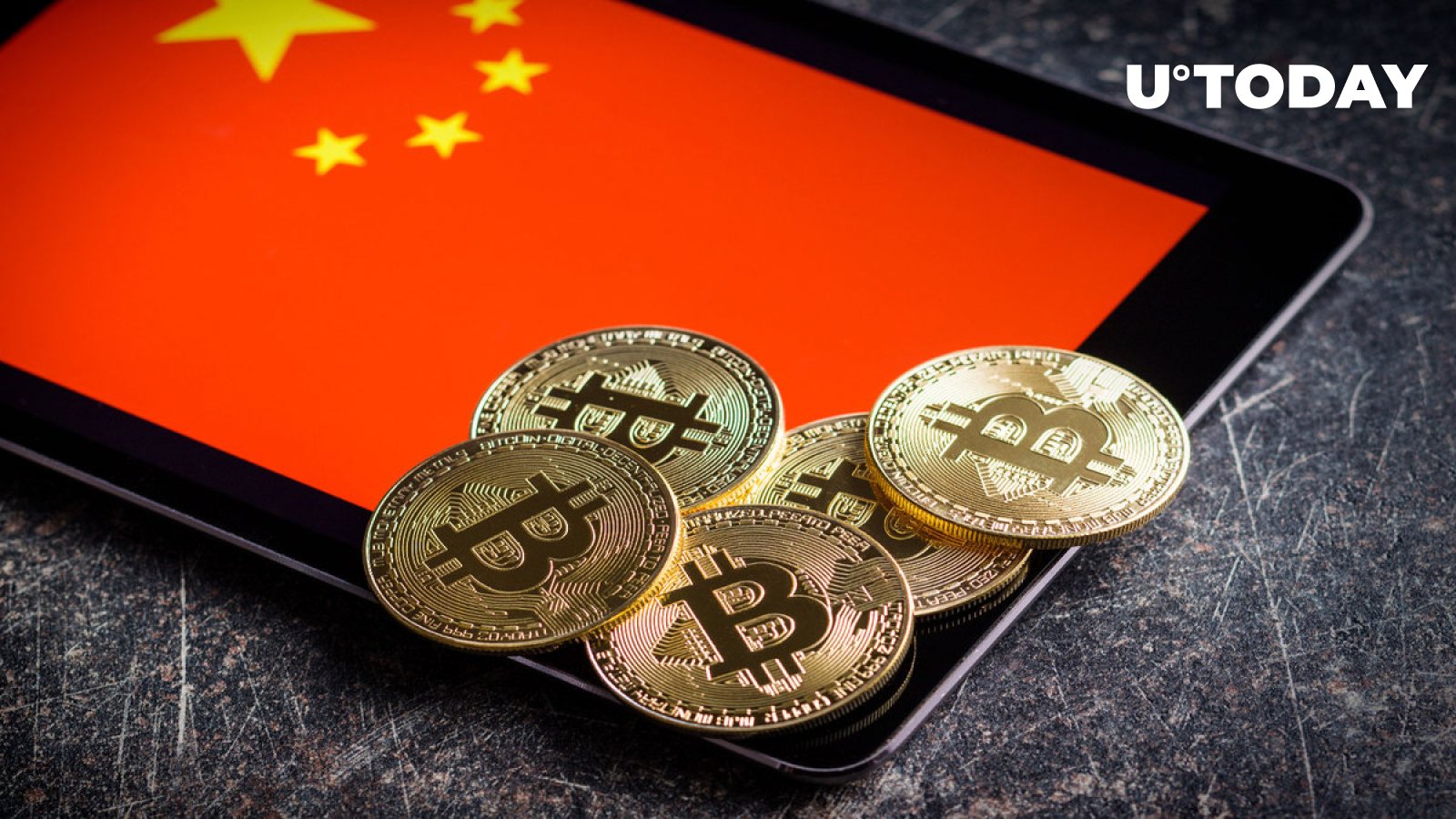The recent approval of Bitcoin and Ethereum ETFs by Hong Kong has generated considerable interest within the financial community. However, discussions have emerged regarding the eligibility of Mainland Chinese investors to participate in these investments.
Advertisement
Eric Balchunas, a prominent ETF expert, has shed light on potential challenges facing Mainland Chinese investors. Despite the ETF structure technically bypassing direct digital asset purchases, Balchunas suggests that regulatory hurdles could still impede participation due to Chinese government restrictions on virtual assets.
On a positive note, Rebecca Sin, an ETF Analyst at Bloomberg, has provided optimistic forecasts for the Hong Kong ETF market. Sin anticipates healthy growth, estimating assets to reach $1 billion within the first two years. However, this projection falls short of more ambitious estimates previously suggested.
The success of Bitcoin and Ethereum ETFs in Hong Kong hinges on several factors, including infrastructure improvements and regulatory clarity. Balchunas emphasizes the critical role these elements play in attracting investment and positioning Hong Kong as an ETF leader in the Asian region.
Despite the ETF’s structural nuances, Balchunas remains cautious about Chinese government approval, citing historical regulatory actions against cryptocurrencies. China’s stance on Bitcoin has been characterized by periodic crackdowns on trading and mining activities, contributing to uncertainty surrounding ETF approval and Mainland Chinese investor participation.
As developments unfold, attention remains focused on Hong Kong’s ETF landscape, where regulatory challenges intersect with market potential.

